Click to read the article in Turkish
Can Atalay, the imprisoned MP of the Workers' Party of Turkey (TİP), was elected as a member of the Parliamentary Committee on Human Rights Investigation during yesterday's session.
Following his election as an MP from Hatay province in the May 14 elections, Atalay was unable to assume his position as he was not released from prison, making him the sole member of parliament facing this situation.
He had been imprisoned due to a previous conviction related to the case concerning the 2013 Gezi Park protests. On May 25, his parliamentary mandate was received by his party colleagues, who subsequently filed an appeal with the Court of Cassation for his release.
Parliamentary Speaker Numan Kurtulmuş addressed Atalay's situation during a live interview with the public broadcaster TRT Haber, responding to remarks made by main opposition Republican People's Party (CHP) leader Kemal Kılıçdaroğlu, who had held him responsible for the situation.
"I prefer not to engage in a political debate," he said, adding that he has neither the responsibility nor the authority to release someone from prison. "We believe in the separation of powers between the legislative and executive branches."
Kurtulmuş emphasized that the decision concerning Atalay's release or the lifting of his arrest lies solely within the jurisdiction of the court, and further commented, "The relevant criminal division of the Court of Cassation will be responsible for determining Can Atalay's fate. It is essential that a decision is reached."
Kurtulmuş further clarified that the Grand National Assembly of Turkey does not possess the authority to make a decision regarding Atalay's release or detention status. He highlighted the separation of powers and the role of the judiciary in this matter.
Regarding the stance of the parliament, Kurtulmuş explained that Atalay's name was publicly announced during the oath-taking ceremony, and procedures were initiated for his rights, salary, and the appointment of three advisors.
He added, "This cumulative response from the Parliament demonstrates its position on this matter. However, the ultimate decision rests with the judiciary, not the legislative body." (VK)




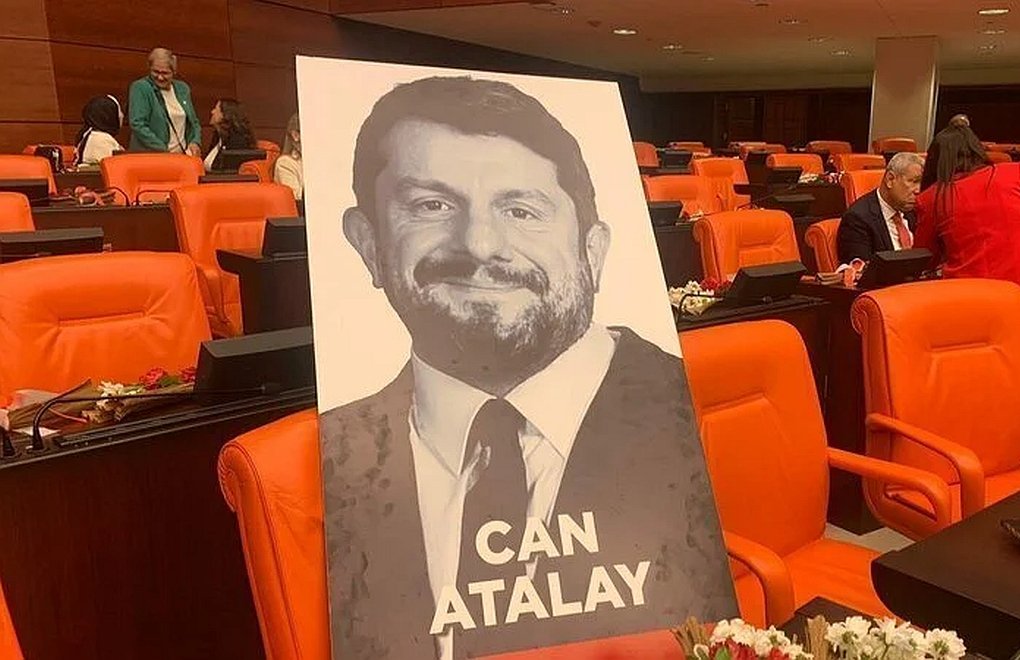
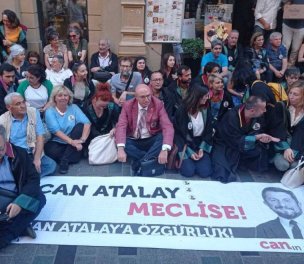
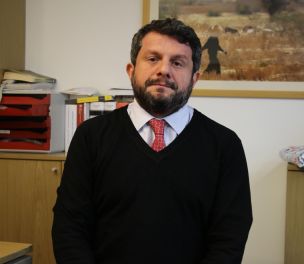
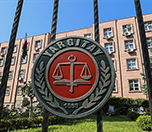
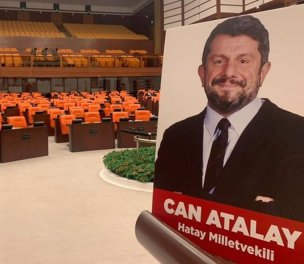
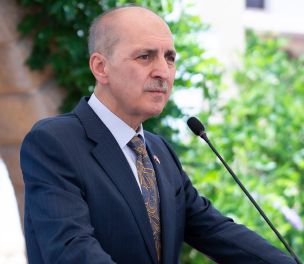

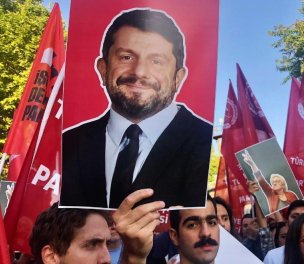
.jpg)